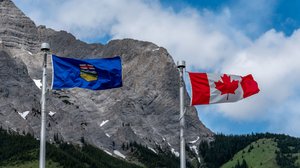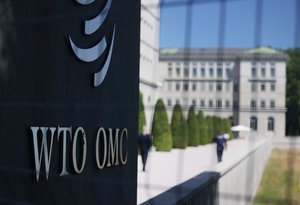[THOMAS A. BERNES]
I think there are three things that will be the focus of attention in Bali. Number one, clearly, is the global economy, concerns that growth in slowing, and flowing from that the number two issue is going to be trade. In fact, the WTO has just forecast that trade growth is going to slow by half a percentage point this next year as a result of protectionist measures, mostly initiated by the United States. So, I think that is going to be at the heart of the discussion. Then, I think, there is concern on potential crises, looking at Turkey, looking at Argentina, what’s happening. But also looking ahead to Brexit, and what is going to happen between the UK and Europe.
So, all of these issues will have some impact. I think the question is, how does the IMF address it, when the IMF is not the necessarily front and centre. The IMF is not responsible for trade, the WTO is. The IMF is not involved in Iran sanctions, but clearly all of these things will have an impact on economic growth.
The IMF, in many ways, is the orchestra leader of the global economy and it needs to try to ensure countries are playing harmoniously together, because it’s only through that that we’ll achieve more growth. That means they have to identify the issues that are a threat to growth right now such as trade protectionism, gender inequality, inequality in general, where addressing these issues and making progress can lead to greater growth. This is going to require it to be clear in its aspirations and analysis, but also find ways to work with Europe, to work with Canada, to work with China.
What the IMF can do is underline the nature of the problems, underline the potential costs and identify what some of the solutions can be.


